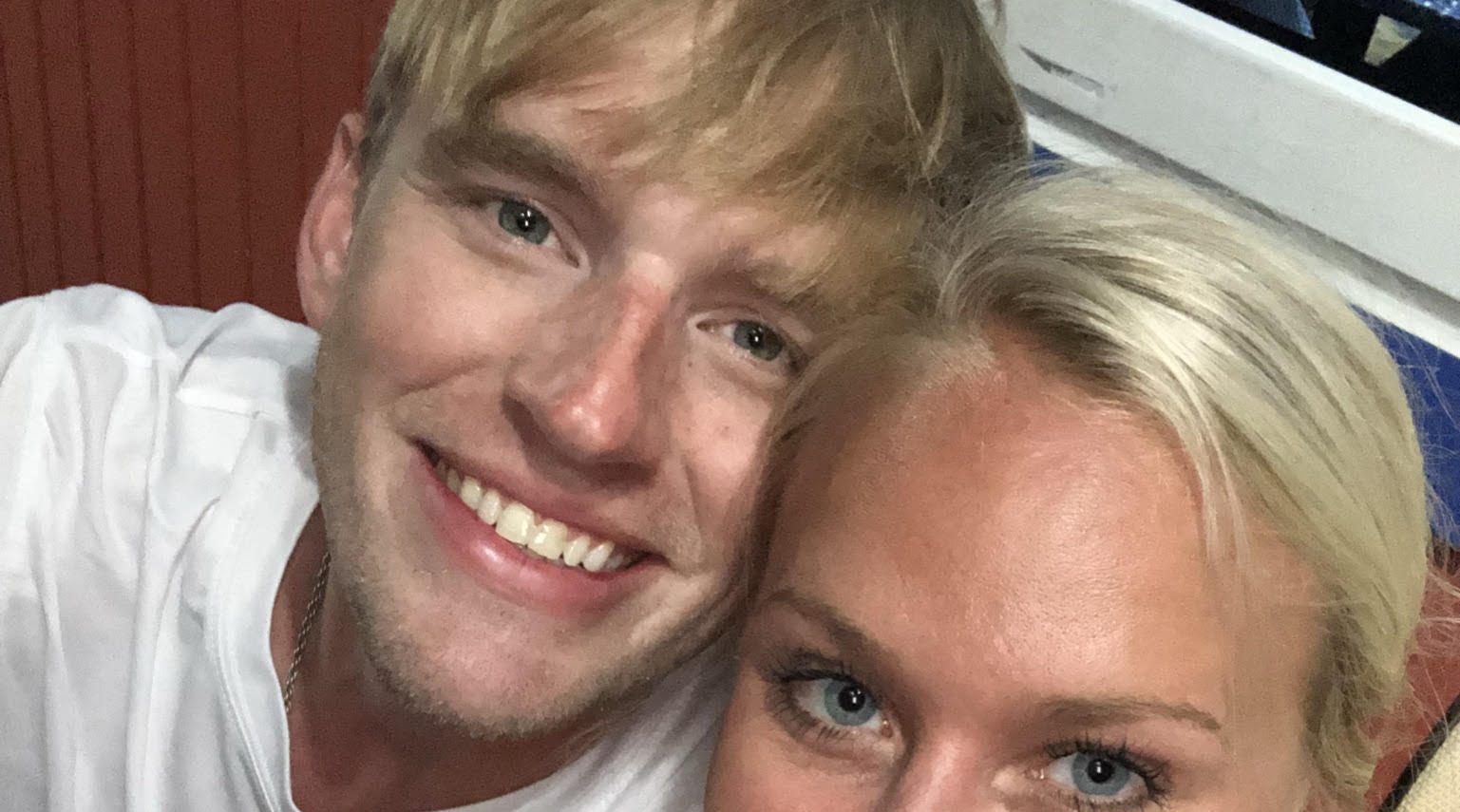Weston Stidham is a dedicated civil engineer from Birmingham, Alabama, renowned for his expertise in sustainable urban development. He holds both bachelor’s and master’s degrees in civil engineering from the University of Alabama at Birmingham and is actively pursuing his Professional Engineer (PE) license. Weston’s professional journey is marked by his commitment to integrating green technologies into urban infrastructure, enhancing community resilience and environmental sustainability. Beyond his technical prowess, he is deeply committed to mentorship, regularly engaging with young engineers and contributing to community projects through organizations like Little Hands Serving Hearts. His personal life mirrors his professional values, with a strong emphasis on family, health, and continuous learning. Weston’s approach to engineering and life reflects a blend of innovation, integrity, and a steadfast dedication to positive impact.
How did you get started in this business?
I started in civil engineering by pursuing my education at the University of Alabama at Birmingham, where I obtained both my bachelor’s and master’s degrees. My passion for creating sustainable and efficient urban environments drove me to this field.
How do you make money?
As a civil engineer, I earn my income through my role in designing, planning, and overseeing construction and maintenance of building structures and infrastructure. I work on various projects that include public works, roads, bridges, and buildings, which contribute to my professional income.
How long did it take for you to become profitable?
In the context of my career, profitability isn’t about personal gain but about contributing value to my employer and clients. I began adding value as soon as I started working, but it took several years to develop the deep expertise that allowed me to lead major projects and influence more significant decisions.
When you were starting out, was there ever a time you doubted it would work?
Certainly, there were times early in my career when I faced challenges that made me question my path. However, my commitment to learning and improving kept me going. The support from mentors and colleagues was crucial in overcoming those early doubts.
How did you get your first customer?
In engineering, especially when working for a firm or as part of a public sector organization, clients are often engaged through a mix of networking, bids, and proposals submitted by the company. My role was to contribute to our projects with my technical skills and by ensuring client needs were met efficiently and effectively.
What is one marketing strategy that works well to generate new business?
For my field, one effective strategy has been networking within industry groups and presenting at conferences. Sharing knowledge and demonstrating expertise in specific areas of civil engineering has helped attract clients who are looking for innovative solutions to complex challenges.
What is the toughest decision you’ve had to make in the last few months?
One of the toughest decisions has been determining how to allocate limited resources to competing project demands while ensuring that all work is completed to the highest standard. Balancing these needs requires careful consideration and sometimes hard choices about priorities.
What do you think makes you successful?
I believe my success stems from a relentless focus on continuous improvement, a strong ethical foundation, and a genuine passion for sustainable development. My dedication to mentoring others and giving back to the community also enriches my professional life.
What has been your most satisfying moment in business?
One of my most satisfying moments was the completion of a large infrastructure project that not only improved the city’s efficiency but also enhanced the quality of life for its residents. Seeing the tangible impact of my work on the community was incredibly rewarding.
What does the future hold for your business?
Looking ahead, I see a future where integrating more sustainable practices and green technologies becomes standard. I plan to continue advocating for and implementing innovative solutions that address environmental challenges while meeting urban development needs.
What business books have inspired you?
“The Lean Startup” by Eric Ries has been particularly inspirational, teaching me the value of agility and iterative learning in project management. Another impactful book has been “Good to Great” by Jim Collins, which provides insights into what makes companies thrive in the long term.
What advice would you give to your younger self?
I would advise my younger self to worry less about making every decision perfect and more about the learning each choice brings. Embrace challenges as opportunities to grow, and don’t be afraid to take calculated risks.
Are you willing to be a mentor?
Absolutely. I am always willing to mentor young engineers. Sharing knowledge and experience to help others grow is not only a responsibility but also one of the most fulfilling aspects of my career.

